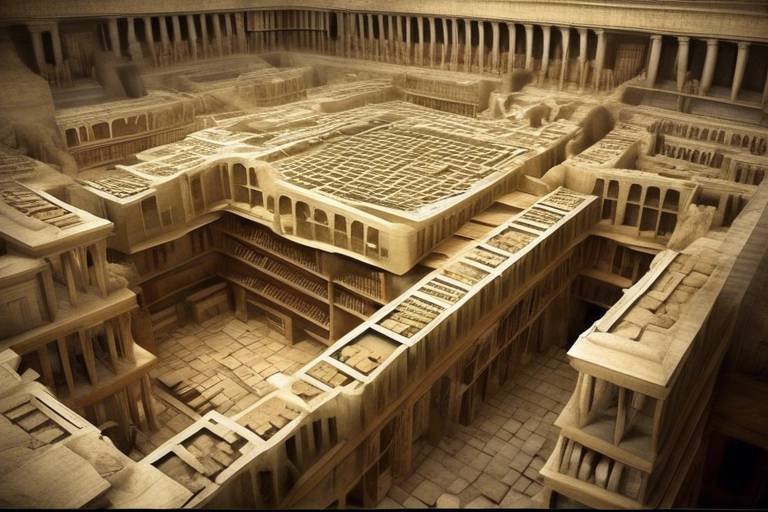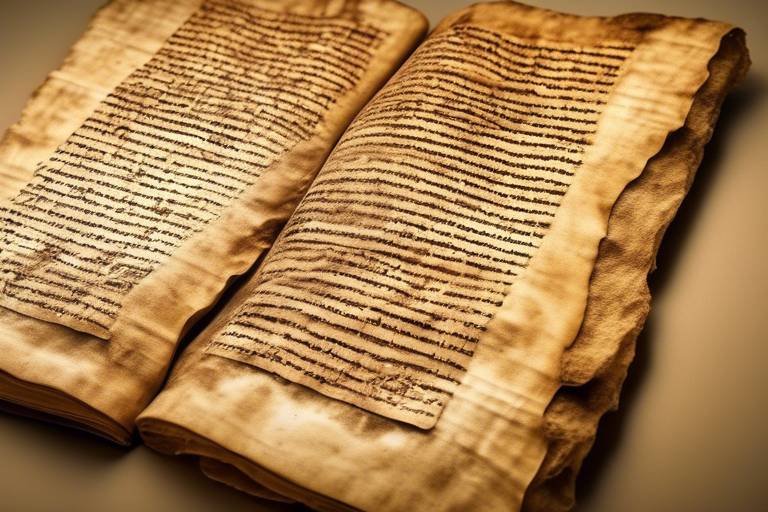The Secrets of the Ancient Egyptians' Divine Kingship
Unveiling the mysteries surrounding the divine kingship of the ancient Egyptians opens a gateway to a world where pharaohs ruled not only as earthly monarchs but as living gods. The belief in their divine essence transcended mortal boundaries, intertwining religious and political realms in a mesmerizing dance of power and spirituality. Through elaborate rituals and symbolic art, the pharaohs forged a connection between the earthly realm and the divine, solidifying their status as intermediaries between the people and the gods.
Symbolism permeated every facet of pharaonic art, from intricate hieroglyphs adorning temple walls to colossal statues embodying the pharaoh's divine presence. Each artistic creation served as a visual testament to the pharaoh's elevated status, conveying not just their earthly authority but their cosmic significance in the grand tapestry of Egyptian mythology. The artistry of the ancient Egyptians was a language of the divine, speaking volumes about the pharaoh's role as a conduit between the mortal and immortal worlds.
Central to the concept of divine kingship was the pharaoh's relationship with the pantheon of Egyptian deities, particularly with powerful figures like Ra and Osiris. Through sacred ceremonies and offerings, the pharaoh honored and appeased the gods, seeking their favor and guidance in governing the land. The pharaoh stood at the crossroads of mortal and divine realms, embodying the will of the gods while wielding earthly power with divine authority.
Preparation for the afterlife was a paramount concern for the pharaoh, leading to the construction of monumental tombs like the pyramids and the meticulous creation of texts such as the Book of the Dead. The belief in resurrection and eternal life shaped every aspect of the pharaoh's existence, driving them to secure their place in the divine realm beyond the mortal coil. The quest for immortality was not just a personal aspiration but a reflection of the pharaoh's divine mandate to transcend the limitations of human existence.
Divine kingship served as the bedrock of the pharaoh's political power, legitimizing their rule and consolidating their authority over the state and its resources. The divine mandate bestowed upon the pharaoh imbued their decrees with an air of sacredness, elevating them above mere mortal rulers to the status of gods on Earth. The intertwining of political power and divine authority shaped Egyptian society, dictating the hierarchical structure and social order under the pharaoh's divine gaze.
Despite the aura of invincibility surrounding the divine kingship, challenges and disruptions occasionally shook the foundations of pharaonic rule. Periods of political instability, foreign incursions, and social unrest tested the divine legitimacy of the pharaoh, prompting questions and doubts about their connection to the gods. These moments of crisis revealed the fragility of divine kingship in the face of earthly turmoil, highlighting the complex interplay between mortal contingencies and divine mandates.
The legacy of divine kingship reverberates through the annals of history, influencing subsequent cultures, religions, and monarchies with its potent blend of earthly power and divine authority. The enduring impact of the ancient Egyptian concept of divine kingship transcends temporal and spatial boundaries, offering insights into the nature of rulership and the dynamics of power in human societies. The echoes of the pharaohs' divine rule continue to resonate in the corridors of power, shaping the narratives of leadership and governance across civilizations.
Modern interpretations and controversies surrounding the concept of divine kingship in ancient Egypt have sparked lively debates among scholars and archaeologists. Alternative theories and interpretations challenge traditional views of pharaonic rule, shedding new light on the complexities of divine authority and political power in ancient Egypt. The ongoing exploration of the enigmatic realm of divine kingship invites us to reconsider our understanding of the pharaohs' place in history and the intricate web of beliefs that shaped their divine mandate.

Pharaohs as Living Gods
Topics related to the divine kingship in ancient Egypt, exploring the religious and political aspects of pharaohs' rule and their perceived connection to gods and the afterlife.
In ancient Egypt, pharaohs were not just rulers; they were revered as living gods walking among mortals. Imagine a world where the line between humanity and divinity blurred, where the pharaoh's very existence was believed to uphold the cosmic order. Through elaborate rituals and ceremonies, the pharaohs embodied the divine essence, symbolizing the connection between the earthly realm and the divine realm. Their every action, every decree, was seen as a manifestation of divine will, shaping the fate of the kingdom and its people.
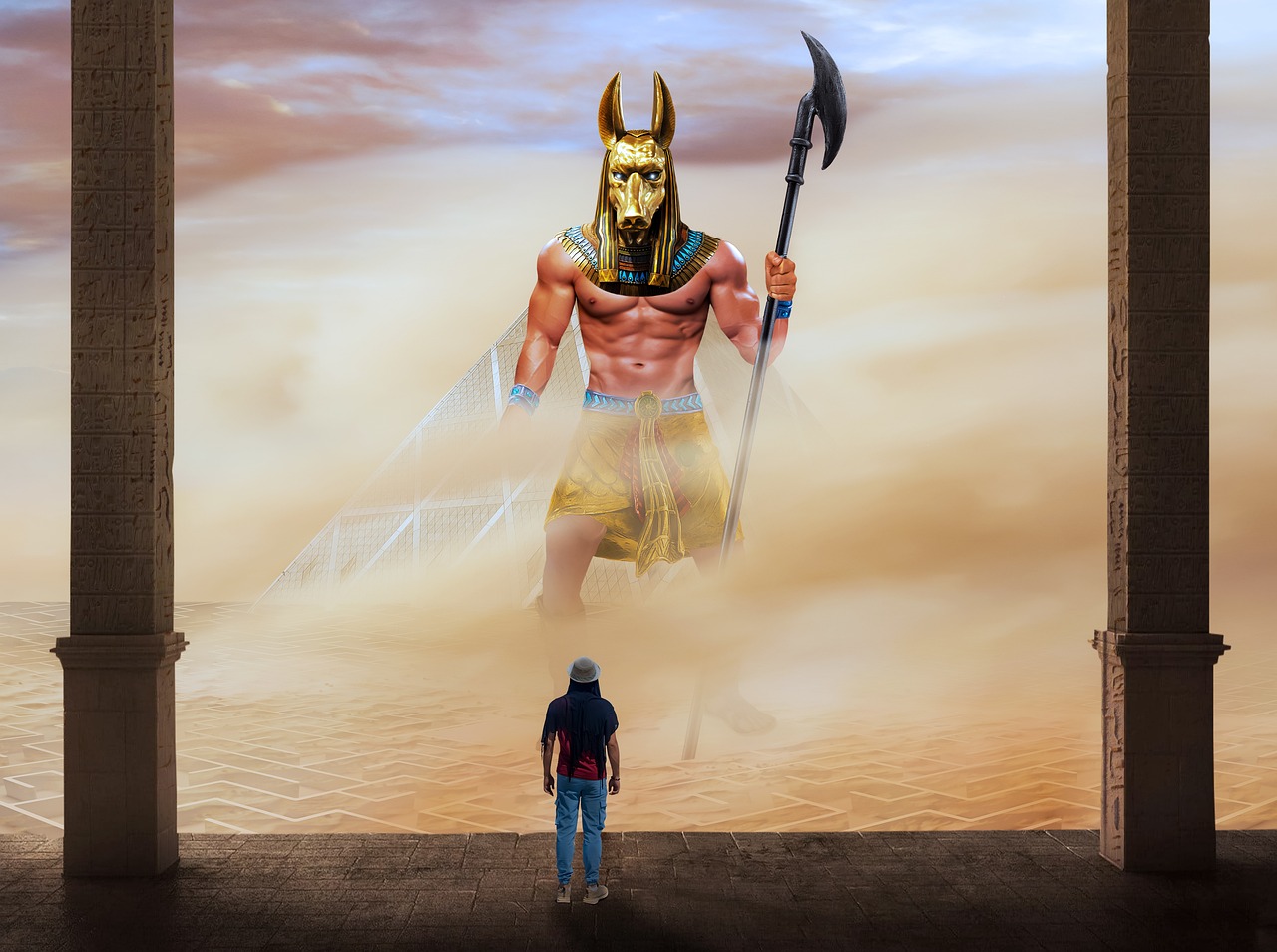
Symbolism in Pharaonic Art
Symbolism played a crucial role in Pharaonic art, serving as a powerful tool to communicate the divine kingship of the pharaohs to the ancient Egyptian people. Hieroglyphs, the intricate system of writing used by the Egyptians, were not only a means of communication but also a form of art imbued with symbolism. These symbols were often used in conjunction with representations of the pharaoh in various forms, such as statues and temple reliefs. The choice of symbols and their placement in artworks conveyed specific messages about the pharaoh's divine status and connection to the gods.
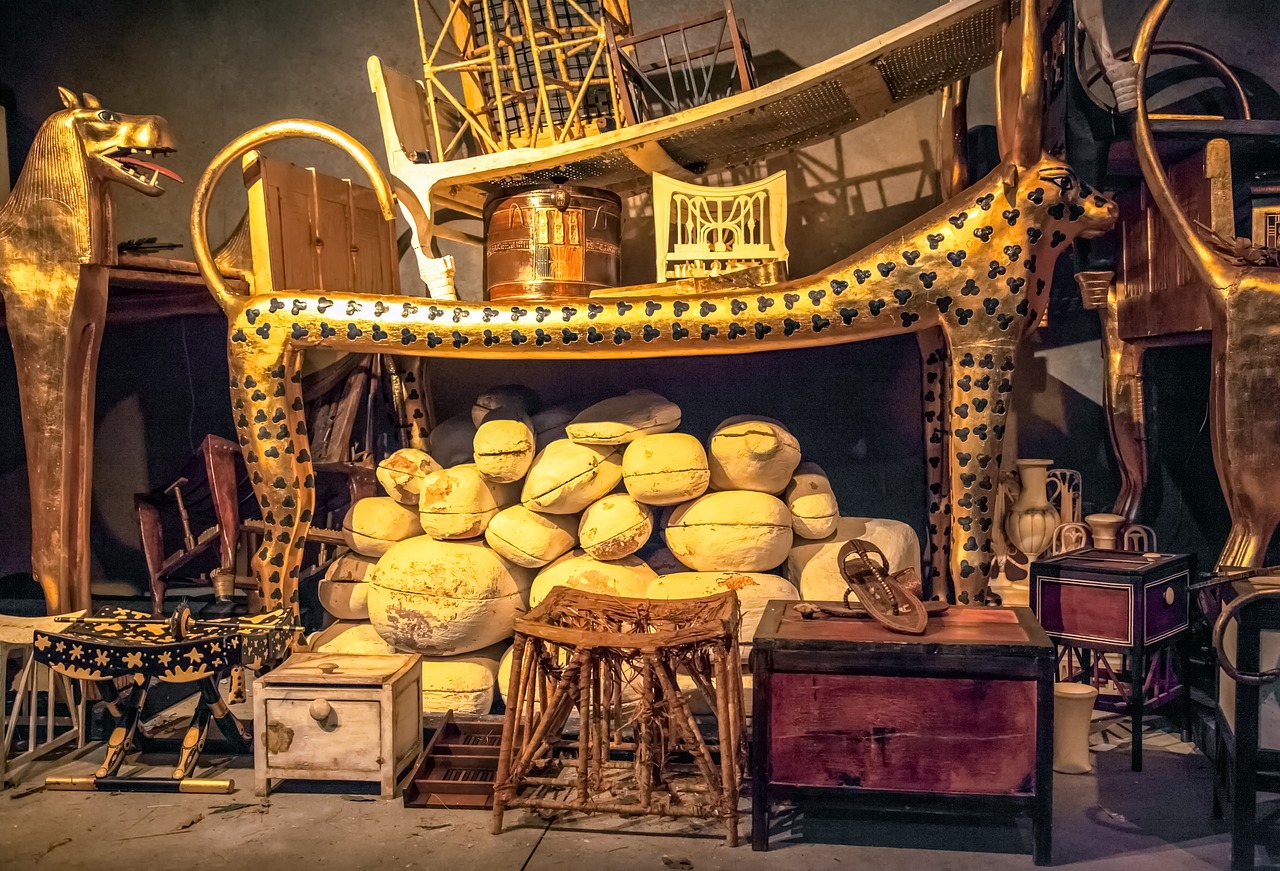
The Pharaoh's Relationship with Deities
Pharaohs in ancient Egypt were not just rulers; they were revered as living gods walking among mortals. The belief in their divine nature was deeply ingrained in Egyptian society, shaping both religious practices and political structures. The pharaohs were seen as the earthly representatives of the gods, entrusted with the crucial task of maintaining cosmic order and harmony.
The concept of pharaohs as living gods was central to the religious and social fabric of ancient Egypt. The Egyptians believed that the pharaoh possessed a divine essence that connected them directly to the gods. This divine status was not merely symbolic; it had practical implications for the pharaoh's role in rituals, ceremonies, and governance.
The artistic expressions of pharaonic rule were rich in symbolism, with every hieroglyph, statue, and temple relief carrying layers of meaning about the pharaoh's divine kingship. These artistic representations served as visual reminders of the pharaoh's connection to the divine realm and reinforced their authority in the eyes of the people.
The pharaoh's relationship with the Egyptian deities was complex and multifaceted. They were not just worshippers of the gods but also served as intermediaries between the divine realm and the mortal world. Through elaborate religious ceremonies and rituals, the pharaohs sought to maintain harmony with the gods and ensure the prosperity of their kingdom.
Major Egyptian deities such as Ra, the sun god, and Osiris, the god of the afterlife, held special significance in the pharaoh's religious duties. The pharaoh's connection to these powerful deities reinforced their divine status and legitimized their rule in the eyes of the Egyptian populace.
Preparation for the afterlife was a crucial aspect of the pharaoh's reign. The construction of elaborate tombs, including the iconic pyramids, served as eternal monuments to their divine kingship and ensured a smooth transition to the realm of the gods. The Book of the Dead, a collection of spells and rituals, guided the pharaoh on their journey to resurrection and eternal life.
The concept of divine kingship not only elevated the pharaoh to a divine status but also legitimized their political power and authority. The belief that the pharaoh was a living god granted them absolute control over the state, its resources, and the lives of their subjects. This divine authority was a cornerstone of Egyptian society, shaping its political and social structure.
Despite the widespread acceptance of divine kingship, there were moments in Egyptian history when this belief was challenged. Periods of political instability, foreign invasions, or social unrest often tested the divine legitimacy of the pharaoh's rule. These challenges highlighted the delicate balance between earthly power and divine authority in ancient Egypt.
The legacy of the ancient Egyptian concept of divine kingship extends far beyond the borders of the Nile. The idea of a ruler as a divine intermediary has influenced countless cultures, religions, and monarchies throughout history. Understanding the origins and significance of divine kingship in ancient Egypt is key to unraveling the complexities of rulership and power in human societies.
Modern scholars and archaeologists continue to debate the concept of divine kingship in ancient Egypt. Alternative theories and interpretations challenge traditional views of the pharaoh's divine status and raise questions about the nature of their relationship with the gods. Controversies surrounding this aspect of pharaonic rule keep the discussion alive and ensure that the mysteries of ancient Egypt remain a fertile ground for exploration.
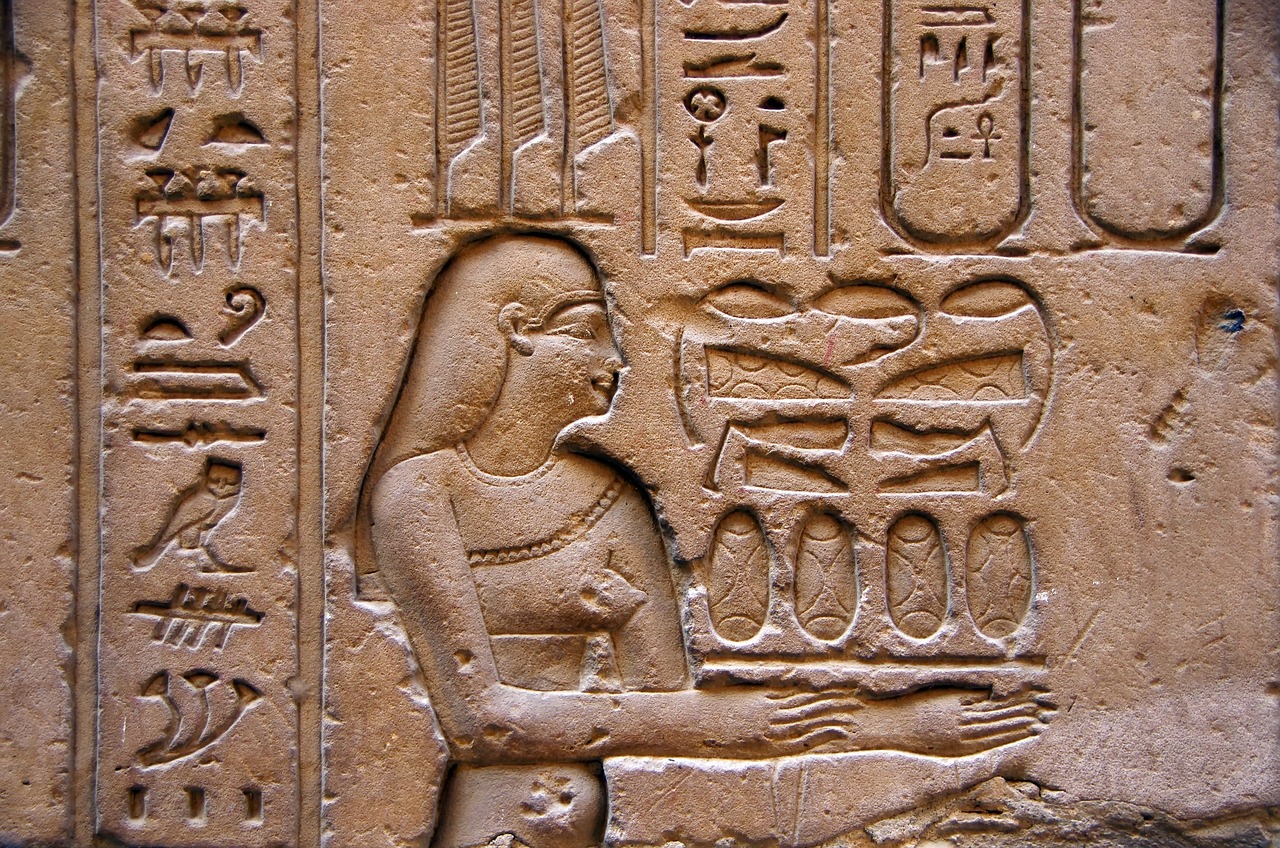
Divine Kingship and the Afterlife
In ancient Egypt, the concept of divine kingship extended beyond the earthly realm into the afterlife, emphasizing the eternal nature of the pharaoh's rule. The pharaohs believed that their journey did not end with death but continued in the realm of the gods. This belief in the afterlife shaped the pharaoh's entire reign, from their daily rituals to the construction of elaborate tombs like the iconic pyramids.
The pharaoh's preparation for the afterlife was meticulous and profound. They were entombed with treasures, food, and even servants to serve them in the next life. The Book of the Dead, a collection of spells and incantations, guided the pharaoh through the perilous journey of the afterlife, ensuring their safe passage to the realm of Osiris, the god of the dead.
The grandeur of the pharaoh's tomb, such as the Great Pyramid of Giza, not only served as a monument to their earthly power but also as a gateway to immortality. The intricate hieroglyphs and paintings adorning the tomb walls depicted scenes of the pharaoh's journey through the underworld, facing trials and tribulations before emerging as a resurrected being.
The belief in resurrection and eternal life was central to the pharaoh's divine kingship. By demonstrating their ability to transcend death and be reborn, the pharaohs solidified their status as divine rulers, capable of guiding their people not only in life but also in the afterlife. This connection between the pharaoh and the eternal realm reinforced the idea of their divine mandate to rule.
Moreover, the pharaoh's role in the afterlife was not just personal but also societal. As the bridge between the mortal world and the divine realm, the pharaoh ensured the prosperity and well-being of the entire kingdom even beyond their physical existence. Their eternal presence in the afterlife symbolized the continuity and stability of Egyptian society under the watchful eye of the gods.
The legacy of the pharaoh's divine kingship in the afterlife endures to this day, shaping our understanding of ancient Egyptian beliefs and practices surrounding death and rebirth. The intricate funerary rituals, the elaborate tombs, and the profound spiritual significance attached to the pharaoh's journey to the afterlife all contribute to the enduring mystique of Egypt's divine rulers.
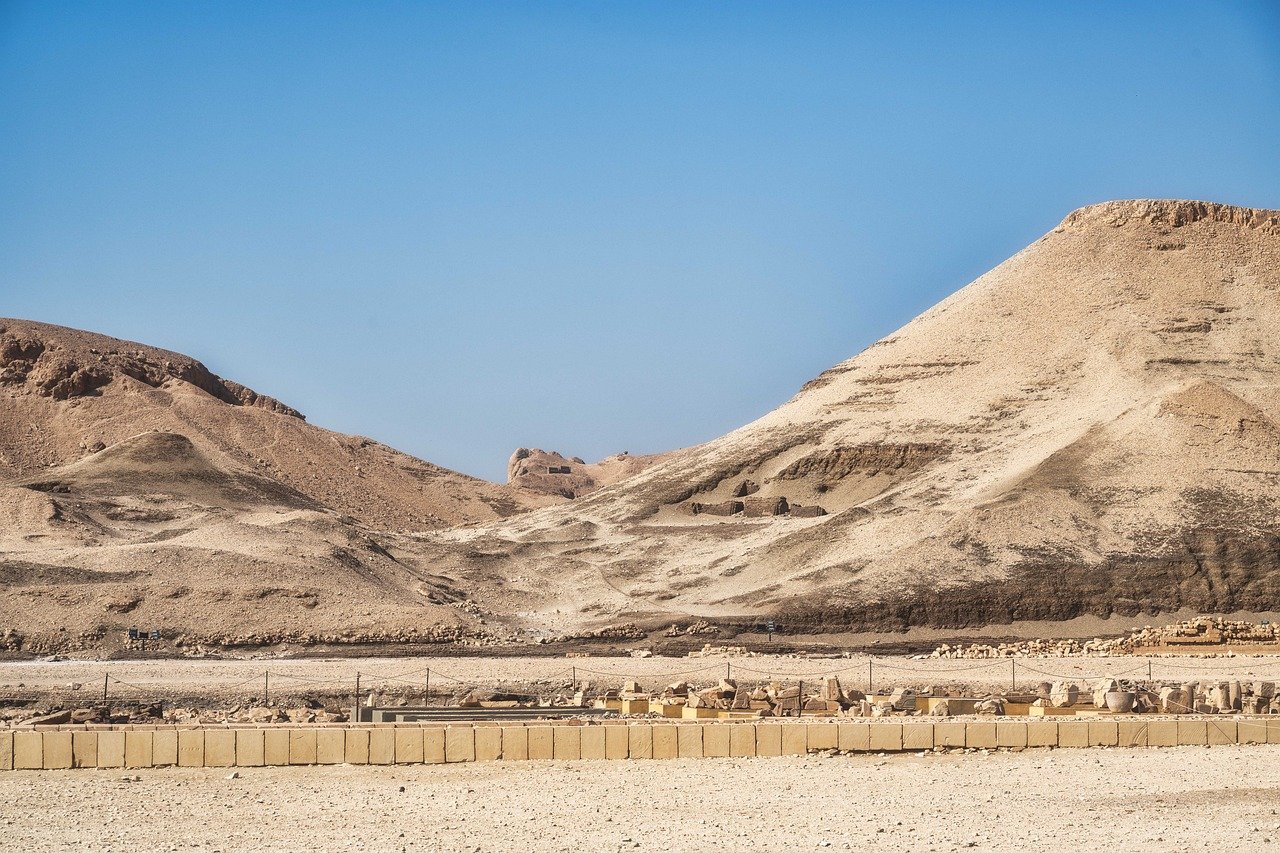
Political Power and Divine Authority
Political power and divine authority were intricately intertwined in the ancient Egyptian concept of kingship. The pharaoh, as the divine ruler, not only held supreme political authority but also served as the intermediary between the gods and the people. This dual role bestowed upon the pharaoh a divine mandate to govern the land and maintain cosmic order.
Through elaborate ceremonies and rituals, the pharaoh demonstrated their connection to the gods and their divine right to rule. The construction of monumental temples and statues glorified the pharaoh's divine status, reinforcing their political power through religious symbolism and imagery.
The pharaoh's divine authority extended beyond the earthly realm, influencing every aspect of Egyptian society. Their control over resources, land, and labor was justified by their divine lineage, ensuring the obedience and loyalty of the populace.
Moreover, the pharaoh's role as the protector of Ma'at, the goddess of truth and justice, further solidified their political power. By upholding moral and ethical standards, the pharaoh maintained order and harmony in society, reinforcing their divine mandate to rule.
Despite the unquestionable authority of the pharaoh, challenges to divine kingship occasionally emerged. Periods of political instability, foreign invasions, or social unrest could undermine the pharaoh's legitimacy, leading to questioning of their divine status and authority.
Nevertheless, the legacy of divine kingship endured, shaping the course of Egyptian history and influencing subsequent cultures and monarchies. The concept of the divine ruler as the earthly representative of the gods left a lasting impact on the understanding of power, authority, and governance.
In modern times, scholars and archaeologists continue to debate the complexities of divine kingship in ancient Egypt. Alternative theories and interpretations offer new perspectives on the religious and political dynamics of pharaonic rule, sparking controversies and challenging traditional views.
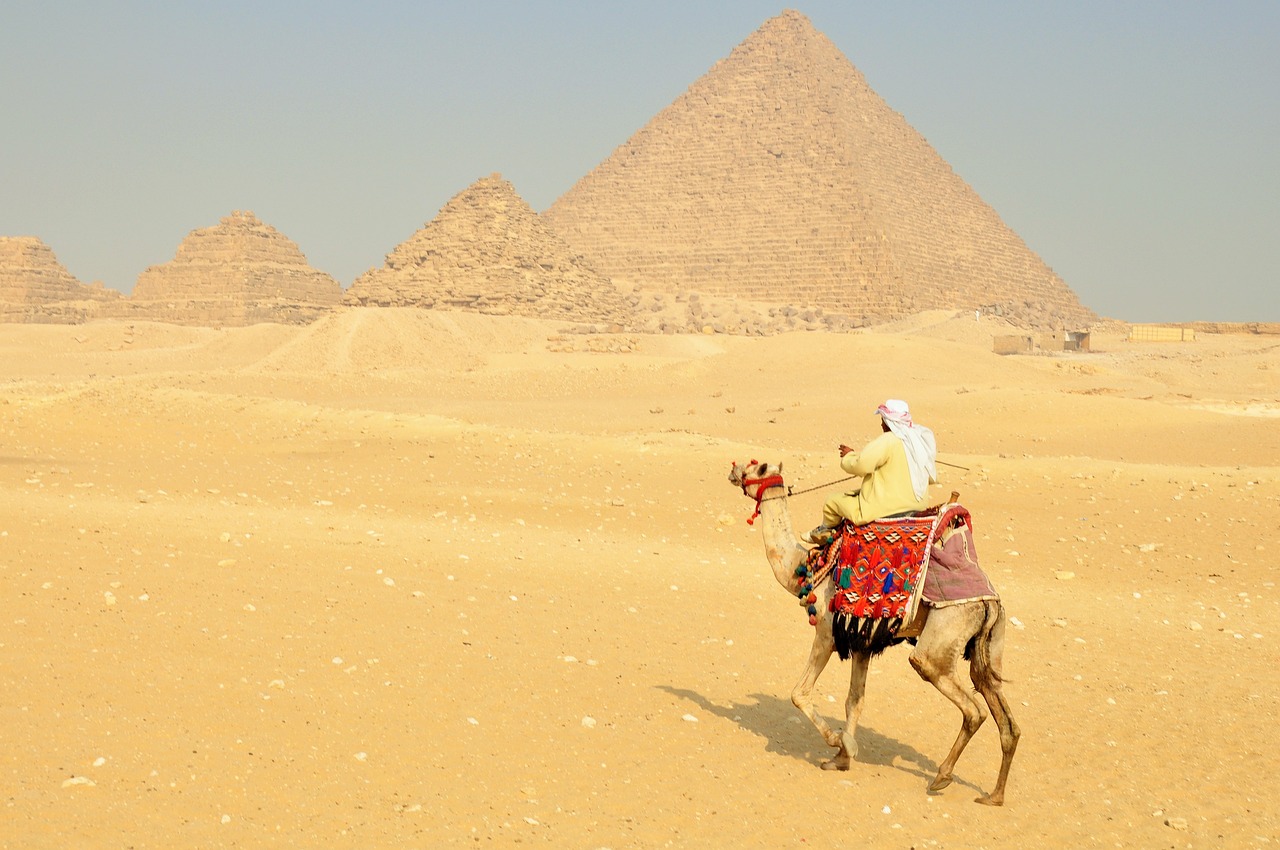
Challenges to Divine Kingship
Throughout ancient Egyptian history, the concept of divine kingship faced various challenges that tested the pharaoh's authority and legitimacy. One significant challenge to divine kingship arose during periods of political instability, where rival factions vied for power and questioned the divine right of the pharaoh to rule. These internal power struggles often led to civil unrest and weakened the pharaoh's hold on the throne.
Foreign invasions also posed a threat to the divine kingship in ancient Egypt. When foreign powers invaded the land, they not only sought to conquer territory but also to undermine the religious and political foundation of Egyptian society. The presence of foreign rulers challenged the pharaoh's status as the intermediary between the gods and the people, creating tensions and conflicts that shook the core of divine kingship.
Social unrest and dissatisfaction among the populace could also challenge the authority of the pharaoh as a divine ruler. Economic hardships, famine, or injustices within the society could lead to uprisings and rebellions against the pharaoh's rule. In such turbulent times, the divine kingship was put to the test as the pharaoh struggled to maintain order and control over the people.
Moreover, the changing religious beliefs and practices in ancient Egypt sometimes posed challenges to the traditional concept of divine kingship. As new cults and ideologies emerged, questioning the exclusive divine status of the pharaoh, the traditional religious framework that supported the pharaoh's authority was challenged and reshaped, leading to a reevaluation of the pharaoh's role in society.
Despite these challenges, the institution of divine kingship in ancient Egypt endured for centuries, adapting to changing circumstances and evolving political landscapes. The ability of the pharaoh to navigate through these challenges and assert their divine authority played a crucial role in shaping the history and legacy of ancient Egyptian rulership.
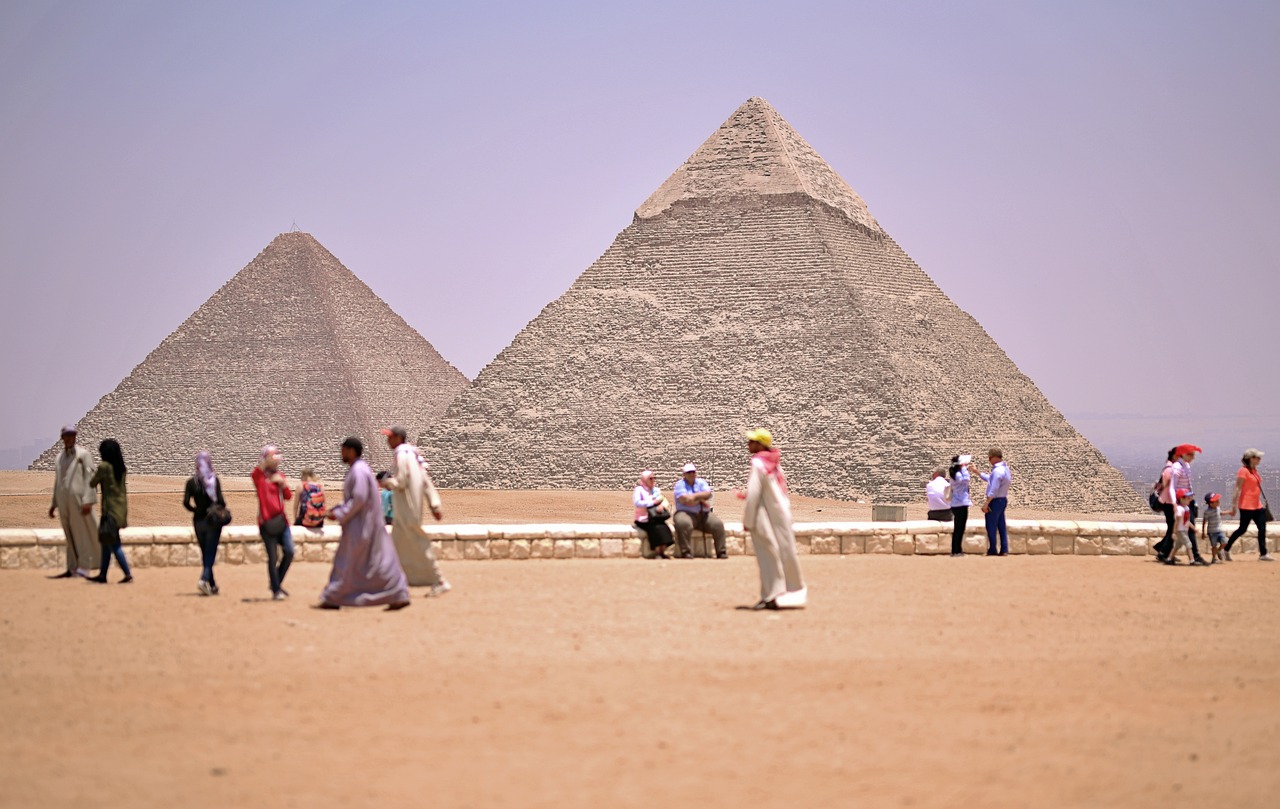
Legacy of Divine Kingship
The legacy of divine kingship left by the ancient Egyptians is a profound and enduring one, shaping not only their own civilization but also influencing cultures and belief systems for centuries to come. The concept of pharaohs as divine rulers established a powerful precedent that resonated throughout history, leaving a lasting imprint on the world's understanding of leadership and authority.
One of the most significant legacies of divine kingship is the idea of monarchs being seen as more than just political leaders but also as spiritual figures with a direct connection to the divine realm. This belief in the divine right of kings, rooted in ancient Egyptian traditions, has persisted in various forms across different cultures, shaping the concept of royalty and governance in numerous societies.
Moreover, the architectural marvels built by the pharaohs to ensure their eternal legacy, such as the iconic pyramids and elaborate tombs, have captivated the imagination of people worldwide for millennia. These monumental structures not only served as elaborate burial sites but also as symbols of the pharaohs' divine status and their quest for immortality.
The religious practices and rituals associated with divine kingship, including the worship of gods and the performance of sacred ceremonies by the pharaohs, have had a profound impact on the development of religious traditions and spiritual beliefs across different cultures. The idea of a ruler as a divine intermediary between the earthly realm and the divine sphere continues to influence religious practices and beliefs to this day.
Furthermore, the art and iconography of ancient Egypt, with its intricate depictions of pharaohs as divine beings and symbols of power, have inspired artists, scholars, and historians throughout history. The rich visual language of pharaonic art, from hieroglyphs to temple reliefs, serves as a window into the complex world of divine kingship and the religious beliefs that underpinned it.
In essence, the legacy of divine kingship from ancient Egypt endures as a testament to the enduring power of belief, symbolism, and ritual in shaping human societies and cultures. By delving into the rich tapestry of pharaonic history, we gain insights into the complexities of leadership, spirituality, and the eternal quest for immortality that continue to resonate with us today.
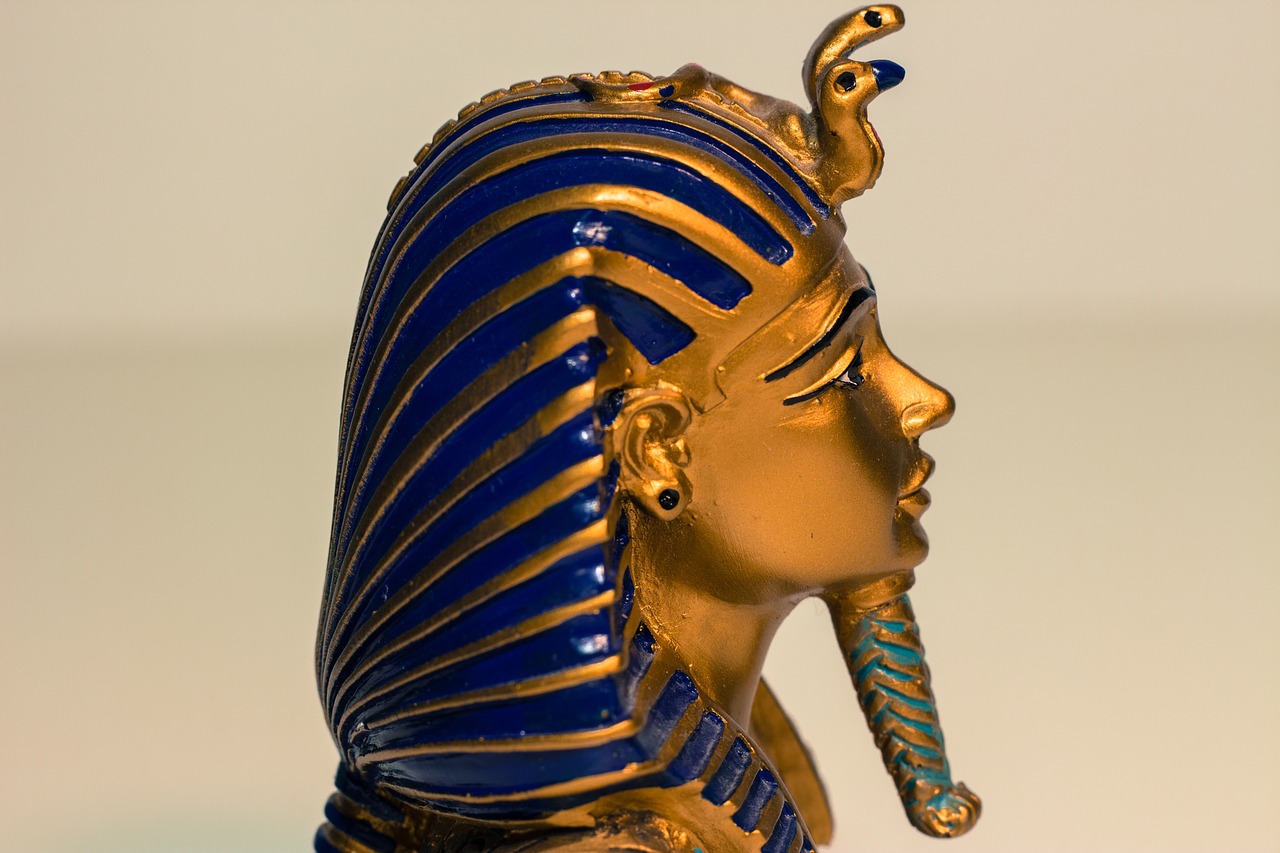
Modern Interpretations and Controversies
Modern Interpretations and Controversies surrounding the concept of divine kingship in ancient Egypt have sparked intense debates among scholars and archaeologists. While some adhere to the traditional belief that pharaohs were considered divine beings with a direct connection to the gods, others propose alternative theories challenging this notion.
One modern interpretation suggests that the divine status of pharaohs was more symbolic rather than literal, serving as a tool for political control and social cohesion. This viewpoint argues that the elaborate rituals and ceremonies associated with pharaonic rule were designed to reinforce the authority of the ruling elite rather than affirm their actual divinity.
Furthermore, controversies arise regarding the extent of the pharaoh's power and influence within the religious and political realms. Some scholars argue that the divine kingship concept was a means to centralize authority and consolidate control over the Egyptian population, while others believe that the pharaoh's connection to the gods was genuine and deeply rooted in ancient Egyptian belief systems.
Archaeological findings and textual evidence continue to provide new insights into the complex nature of divine kingship in ancient Egypt, fueling ongoing discussions and disagreements within the academic community. The interpretation of hieroglyphic inscriptions, the analysis of temple reliefs, and the study of royal tombs all contribute to shaping our understanding of the pharaoh's divine role in Egyptian society.
Frequently Asked Questions
- What was the significance of pharaohs being considered living gods?
The belief that pharaohs were divine beings on Earth held immense significance in ancient Egypt. It reinforced the idea of cosmic order and the pharaoh's role in maintaining harmony between the mortal realm and the divine realm.
- How did pharaohs communicate with the gods?
Pharaohs acted as intermediaries between the gods and the people, communicating with deities through rituals, ceremonies, and offerings. These interactions were essential for ensuring the prosperity and well-being of the kingdom.
- Why were elaborate tombs like the pyramids constructed for pharaohs?
The construction of elaborate tombs like the pyramids was a crucial part of the pharaoh's preparation for the afterlife. These monumental structures were believed to ensure the pharaoh's successful journey to the realm of the gods and their eternal existence beyond death.
- How did the concept of divine kingship impact ancient Egyptian society?
The concept of divine kingship legitimized the pharaoh's political power and authority over the state and its resources. It also influenced societal structure, religious practices, and the perception of rulership, shaping the cultural and political landscape of ancient Egypt.
- What challenges did divine kingship face in ancient Egypt?
Throughout Egyptian history, divine kingship faced challenges during periods of political instability, foreign invasions, and social unrest. These challenges sometimes led to questioning the pharaoh's divine authority and the stability of the ruling regime.
- How has the legacy of divine kingship influenced subsequent cultures and monarchies?
The ancient Egyptian concept of divine kingship has left a lasting impact on various cultures, religions, and monarchies worldwide. It has shaped ideas of rulership, power, and legitimacy, influencing the development of political systems and religious beliefs across different civilizations.
- What are some modern interpretations and controversies surrounding divine kingship in ancient Egypt?
Modern scholars and archaeologists continue to interpret and debate the concept of divine kingship in ancient Egypt. Alternative theories and controversies arise regarding the nature of pharaonic rule, the extent of the pharaoh's divine status, and the implications of this belief on Egyptian society and politics.

















